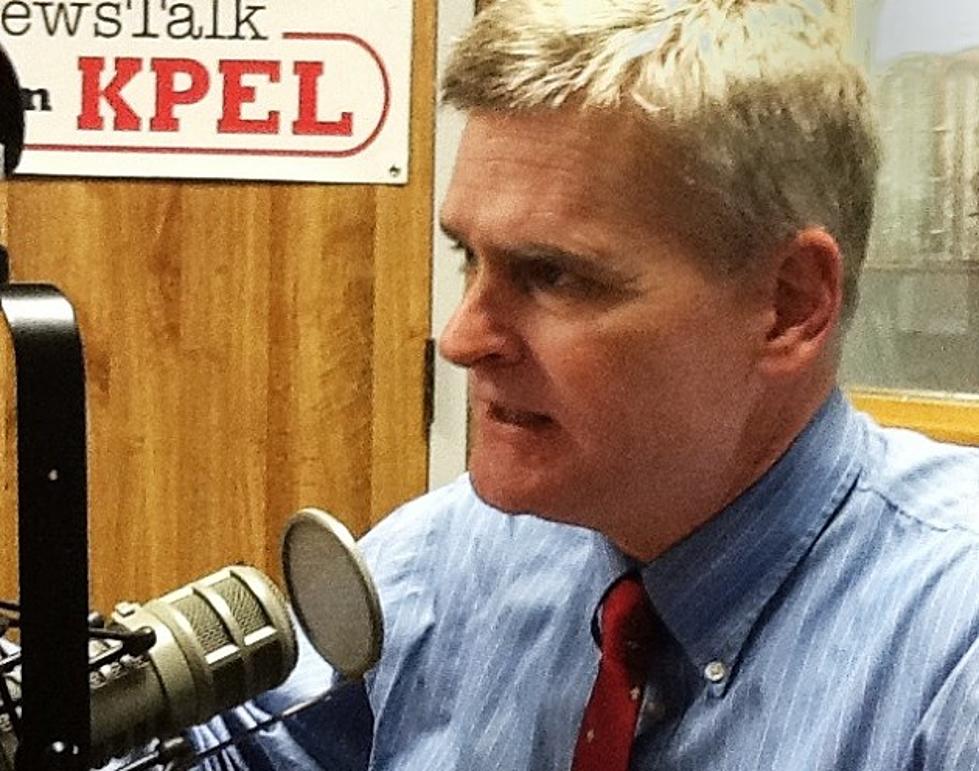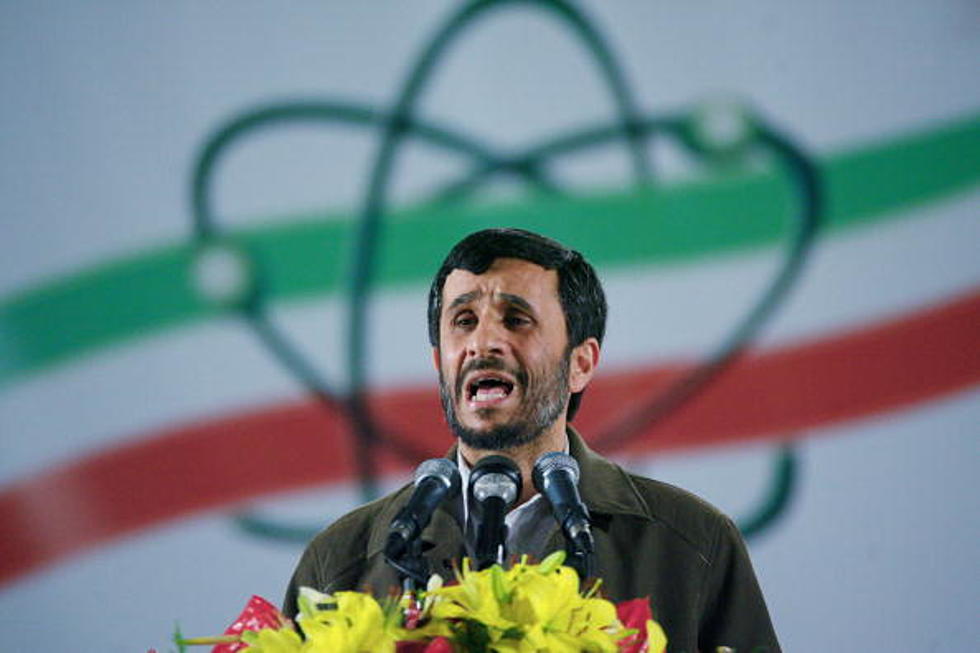
Lawmakers Look To Sanctions If Iran Deal Falters
WASHINGTON (AP) — Lawmakers are making contingency plans for what happens if the new accord with Iran falls apart.
While Congress is out of town through the end of the month, lawmakers are already weighing their options for how to address the latest deal with Iran. In that deal, Tehran agrees to a six-month pause in its nuclear program in exchange for an estimated $7 billion in eased sanctions.
Lawmakers from both parties are skeptical the deal will prod Iran to give up its nuclear ambitions. They say they will be waiting with even harsher punishment if Iran proves an untrustworthy negotiator.
Many lawmakers say tougher sanctions would force Iran to take talks seriously.
The White House says new sanctions would undermine international talks.
France's foreign minister says sanctions against Iran could be partially lifted as soon as December, with a Europe-wide decision in coming weeks.
Laurent Fabius (loh-RAHN' FAH'-bee-yus) told Europe 1 radio today that to start lifting the sanctions "a Europe-wide decision is necessary. That's expected in several weeks, for a partial lifting that is targeted, reversible."
Fabius participated in weekend talks between Iranian officials and world powers that ended with an agreement allowing Iran to keep the central elements of its uranium program while stopping its enrichment at a level lower than what is needed for nuclear arms. In addition to a six-month window for Iran to allow more U.N. access to nuclear sites, the sanctions that have devastated the country's economy will be eased, though not ended.
More From News Talk 96.5 KPEL
![Romero On The Right – Iran Nuclear Agreement [Video] [OPINION]](http://townsquare.media/site/36/files/2015/08/Ken-photo.jpg?w=980&q=75)







